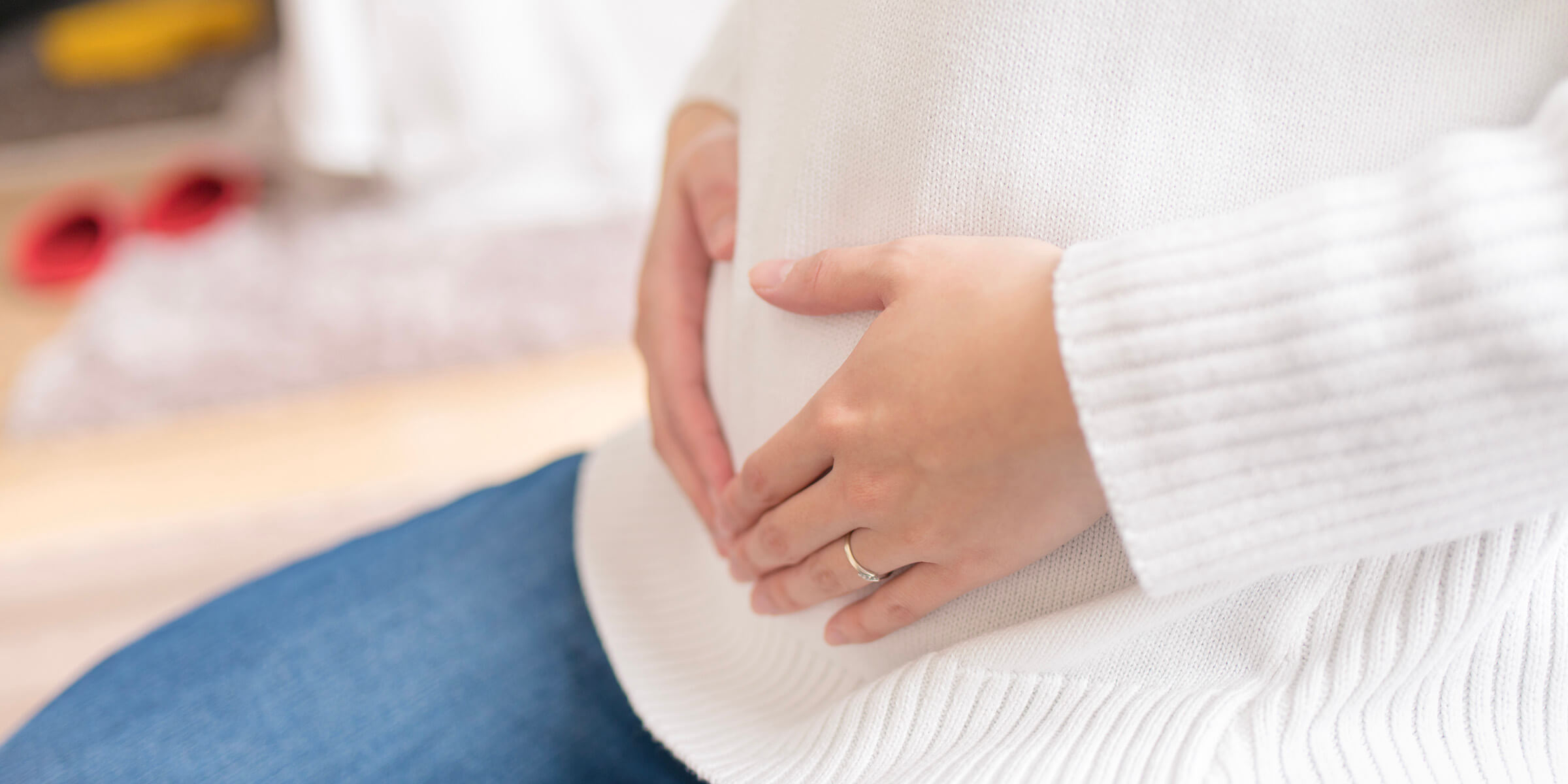Health
7 Major Risk Factors Of Miscarriage

What are the risk factors for miscarriage? The term “risk factor” is not well-defined in this context. It may refer to anything that contributes to an increased likelihood of miscarriage. Or, it may refer to anything that increases the odds by a certain amount. For example, it may say, “having one or more miscarriages puts you at higher risk for having another.” This would count as a risk factor because the miscarriage increases the risk of another, but if that same statement said, “having one or more miscarriages makes it twice as likely you’ll have another,” it wouldn’t be right for this particular page.
Although many factors contribute to the likelihood of a successful pregnancy, approximately 20-30% between pregnancies still result in miscarriage. There are a number of different reasons that could be the cause for this occurrence, as opposed to other related problems such as gestational diabetes or toxemia. To reduce the risks involved, it is important to get miscarriage treatment by Dr Stephen Cole or be aware of the most common risk factors for miscarriage.
Table of Contents
1. Age
Women’s fertility declines after age 35. The number of eggs in the ovaries is reduced every year after reaching the peak age of 25, so a woman in her 20s has a higher chance of becoming pregnant.
2. History
In women who had two or more miscarriages in a row, the risk of subsequent pregnancy loss was 27.7 %, significantly higher than those who have had no miscarriage history (10.2%). Therefore, most studies and experts will recommend seeing a doctor and exploring possible causes if you’ve had two or more miscarriages in a row. If the causes can be identified, it may be possible to treat them and improve your chances of having a healthy baby.
3. Smoking
Indeed, there are more likely repercussions that you have to consider when smoking during breastfeeding. Smoking raises the risk of causing hormonal problems that result in reproductive cancers. Smoking cigarettes can also lead to miscarriages, infertility complications, and ectopic pregnancies. … By now, most people are aware of how smoking affects pregnant women. It is well-known that gives birth to babies with low birth weight. What is not so well-known is how smoking can lower your ability to conceive.
4. Alcohol
Alcohol consumption during pregnancy can cause numerous health problems to both mother and unborn baby. The first argument against drinking alcohol during pregnancy is simple: all the organs inside your pregnant woman’s body develop.
5. Medication
When you are pregnant, you should not be careless or nonchalant about your health, and you should take care of yourself and the health of your baby. There are certain medications that women should never take, even if they are tempted to do so because they think it might help them.
6. Stress
Women’s psychological well-being might have a tremendous influence on the health of their babies, a new study says. It has been determined that a pregnant woman could harm her baby by experiencing severe depression or excessive stress.
Also check about – 10 Ideas for Reorganizing Your Bedroom to Relieve Stress
7. Placenta vascular
Placenta vascular disorder is harmful to pregnancy. Placental abruption always included the implantation of the placenta in women who are suffering from this condition. The blood vessels of the placenta got damaged and cut off from the mother’s circulatory system. This is a major problem since oxygen will fail to be transferred to the fetus.

-

 Business3 years ago
Business3 years agoHow to Do Long-Distance Moves with Children
-

 Travel2 years ago
Travel2 years agoQuick Guide: Moving To Santa Rosa?
-

 Real Estate3 years ago
Real Estate3 years agoWhy Dubai Festival City is a Great Neighbourhood for Young Learners
-

 Business3 years ago
Business3 years agoIs Guest Posting a Good Inbound Marketing Strategy?
-

 Business1 year ago
Business1 year agoThe Ultimate Guide To Thriving In Your Printing Franchise
-

 Business1 year ago
Business1 year agoExploring The Benefits And Challenges Of Restaurant Franchising
-

 Tech3 years ago
Tech3 years agoCyber Table That Will Change Your Life
-

 Lifestyle1 year ago
Lifestyle1 year agoDallas’ Hidden Gems: 6 Must-Try Restaurants Off The Beaten Path!









Recent Comments